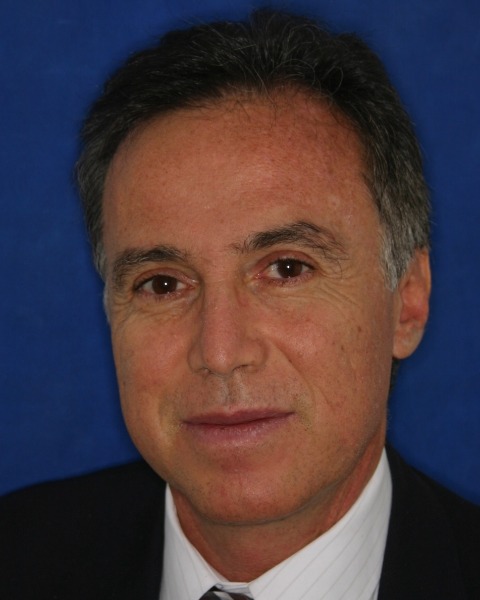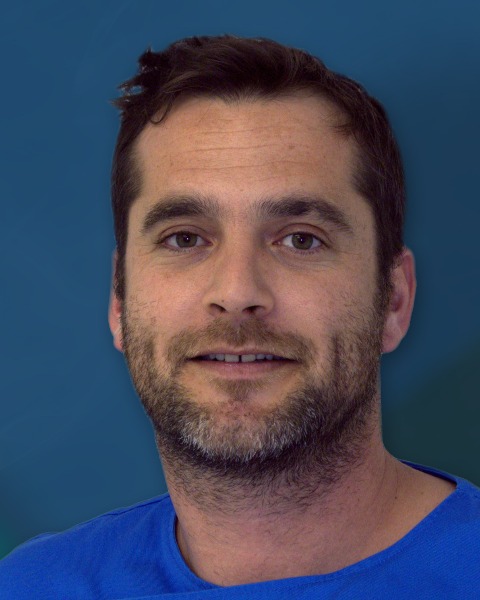
AAPD Webinars
Presented by IAPD: Behavior Guidance
Recorded On: 05/23/2020
-
Purchase
- Non-Member - $120
- Member - $120
Connecting with the new generations: the New pediatric dentist’s role as a communicator during and after CoVid 19
Pediatric dentists should know more about children’s emotions and behavior than any other health professional. Today with this new pandemic, the rules have changed. We are facing, economic, physical and emotional challenges. This presentation wil focus on the problems in sight. . How de we want to handle the future. Paralysis or action. Everybody tells us how to wash, what to do to stay clean of CoVid-19, BUT, nobody how to pay attention to our emotions. We need new tools to negociate this new reality.
We will provide you with a tool box to be prepared for the future.
New generations of children and parents are challenging the communication techniques that have been traditionally used by pediatric dentists. Social and technological changes have had a great impact on the new generations and affect our role as health care providers.
With the advent of advanced technology and this physical distancing from the pandemic, major changes are taking place challenging the role that we will play in the future of children’s’ health and wellbeing. New generations are becoming more isolated and physical and emotional communications are being jeopardized. The human aspect is being replaced by technology. Humans in the not too distant future may become expendable and replaceable. In addition, parents acquire information via the internet and question the information we provide and our techniques of communication with their children.
We need to rediscover our emotions and re-evaluate our communicative techniques. In this procedure we should not forget that our great advantage over technology is our ability to connect and emotionally communicate with other people. This is something that hopefully will not be replaceable.
We will illustrate the major changes major changes we will face with the new generations of parents and children around the globe and how it affects us in the way we work in our offices. We will show the importance of bonding with parents and children, moving beyond the biological aspects and venturing into the psycho-socio and cultural issues. Knowing our children and adolescents will allow us to detect potential physical or emotional hazardous behavior.
The first change that needs to be made is learning how different healthcare professionals interact with children and parents in different cultures and countries.
When we bond we enter a danger zone of co-dependency, so we need to learn, know and set our limits.
" Do we want to be keepers of the past to preserve the future?
" Can I care, still allowing the other to be separate?"
" Can I leave the comfortable me and enter the ever-changing other?
Are we ready to take on this challenge? If not, will many health specialties survive the Twenty First century?
Learning Objectives:
- Upon completion of this presentation, participants will learn how different cultures naturally assume a different way to communicate with parents and children.We will show the differences between Western individualism and the Eastern spirit of community, to adapt, adopt, mold and embrace new feelings favored from experience by our peers around the world to a greater mutual understanding of the other and its potential positive effect for the future of our profession.
- Pediatric dentists all over the world are experiencing economic, physical and emotional challenges from CoVid19 pandemic. We will show how to deal with them and adapt to our new reality.
- Technology is here to stay to make our lives more comfortable. No matter how fast technology advances, we cannot afford to lose our humanity. A full paradigm shift will be necessary. We will show what are our main advantages to survive the XXI century.
- Recent advances in technology and their uses and applications for behavior guidance
Behavior management is a basic discipline and a major differential expertise of Pediatric Dentistry
as a speciality.
Behavior management has undergone several changes and modifications over time.
To help children and parents, it is important to address the causes of behavioral problems faced by
pediatric dentistry and to provide well-structured cognitive behavioral interventions that can
optimize the outcome of behavior management.
The cognitive pediatric dentistry paradigm plays a major role in behavior management, even more
so nowadays, as we are expected to deliver painless dental treatment.
To Prevent Dental Behavioral Management Problems, Technologies like 3D animation can be a
powerful Communication Tool to shape children perceptions. These can also increase children sense
of predictability and acceptability of dental treatments.
Learning Objectives:
- Understand the Origins of Dental behavior management problems.
- Understand the Structure of a Cognitive Behavioral Intervention Model in pediatric dental patients (4-7 years old) for the prevention and management of Behavior Management Problems.
- Understand how a virtual tool can be applied in pediatric dentistry behavior management

Andre Marc Saadia
Speaker
Dr. Marc Saadia specialized in Pediatric Dentistry at Tufts University with a Master of Science degree.
He specializes in Pediatric Dentistry, dentofacial orthopedics and orthodontics. Dr. Saadia was Editor-in-Chief of The Journal of Clinical Pediatric Dentistry and is currently co_ Editor-in-Chief. He has co-authored two books on Dentofacial Orthopedics, and is working on a third. He is a popular speaker presenting internationally.
He chaired the postgraduate and residency programs in pediatric dentistry at the Universidad Tecnológica de México and later became Director of Postgraduate programs at the same University.
He is a Diplomate of the American and Mexican Academies of Pediatric Dentistry and the Mexican Association of Orthodontists and was the President of The Mexican Academy of Pediatric Dentistry. He chaired the International Association of Pediatric Dentistry Congress held in Cancun, Mexico 2019.
He practices in Mexico City.

Antonio Silva
Speaker
Dr. Antonio Pedro Silva is a world renowned pediatric dentist. He obtained his dental degree from Universidade Fernando Pessoa - Oporto in 2007 and a specialty degree in pediatric dentistry from Oporto Dental Medical School (FMDUP-UP) in 2011.
Dr. Silva is founder and moderator of the Pediatric Dentistry Forum with over 38,000 members from all over the world. His specialty practice is in the city of Antwerp, Belgium. He was an invited speaker at the recent Biennial International IAPD Congress in Cancun (2019). He is a very popular speaker on behavior guidance and has lectured in several countries including: Italy, Spain; Portugal, Mexico, Russia, Egypt, Iraq, Bulgaria and Ukraine.
